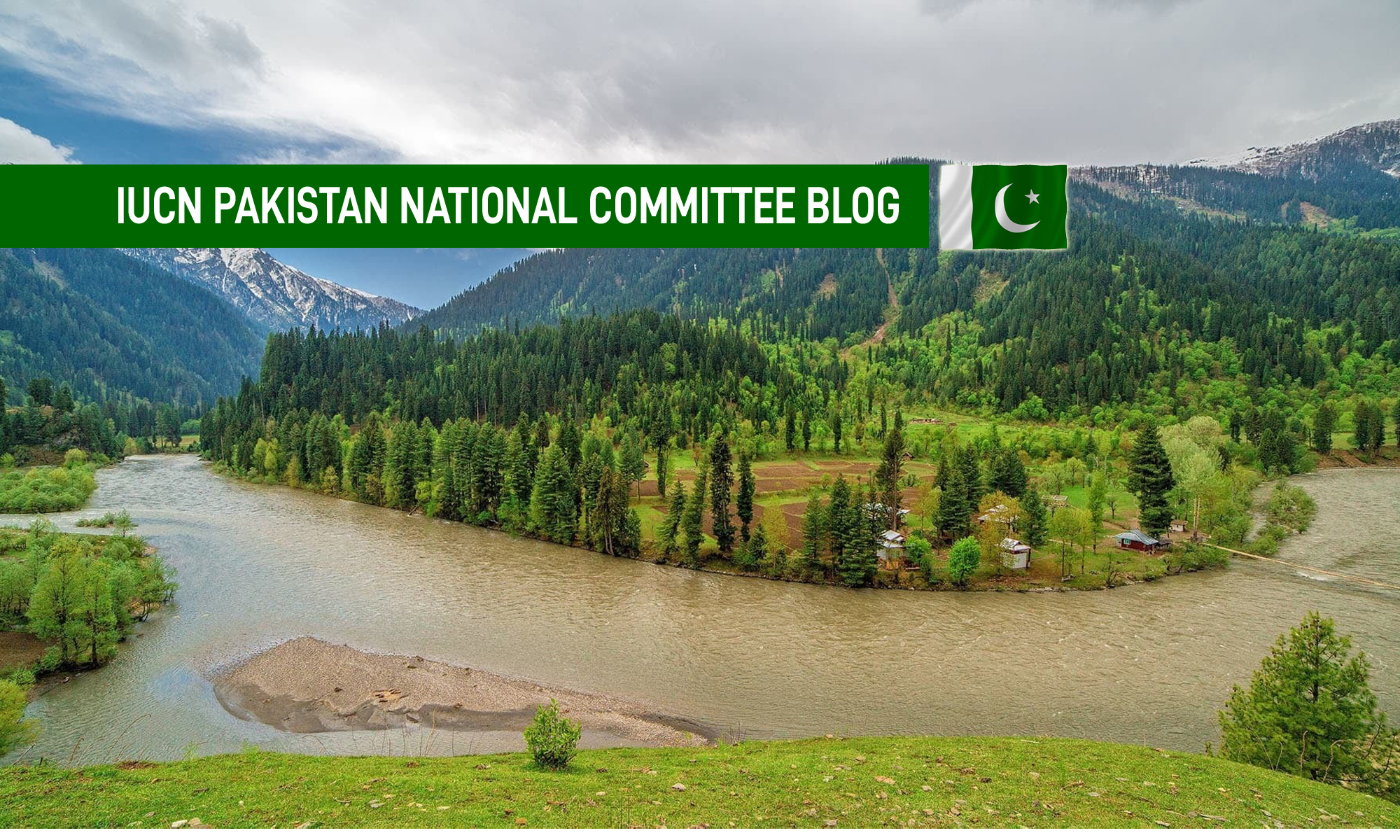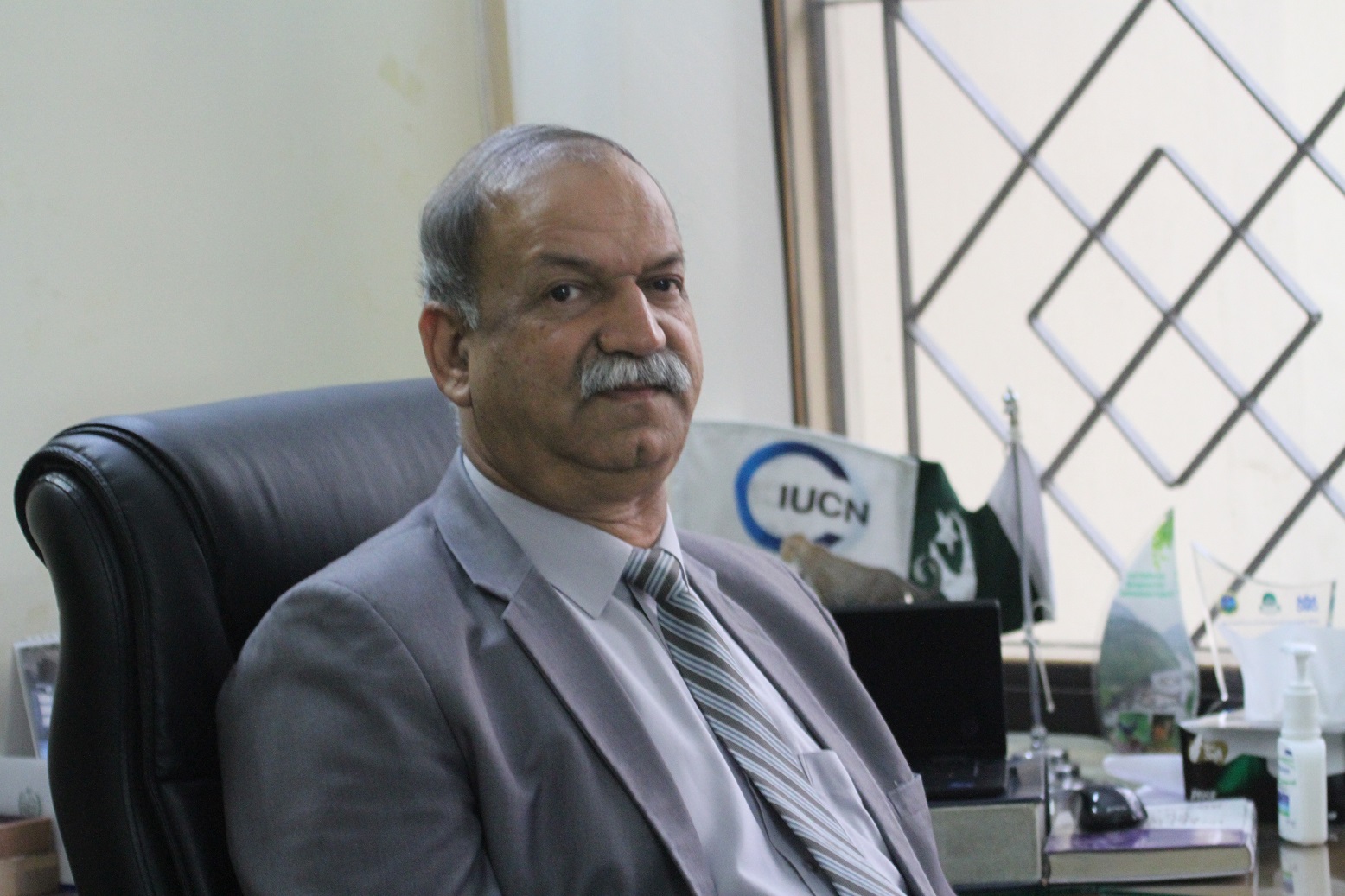Today, the World Wetlands Day is being commemorated all over the world. The theme of the day for this year is “Wetlands and Human Wellbeing”, which reflects upon the interconnectedness between wetlands and various aspects of human health. Wetlands, home to more than 100,000 species, play a crucial role in supplying vital freshwater and making a substantial contribution to worldwide food production. Additionally, wetlands serve as natural buffers, helping to alleviate the impacts of rainfall and decrease the risks of floods and storm
surges.
With increasing population, industrialization, urbanizations, unplanned development and increased agriculture, we are destroying the ecosystem that water and all life depend on most – Wetlands. It is estimated that around 40% of the world’s species live and breed in wetlands.
Moreover, wetlands serve as natural shock absorbers, mitigating the impacts of rainfall and substantially reducing the risks of floods and storm surges. In the face of climate change and the increasing frequency of extreme weather events, the role of wetlands in building resilience and adapting to environmental challenges becomes even more critical.
It is high time that collective and individual efforts were made to save the world’s wetlands from disappearing and to restore those we have degraded.
Having worked on the conservation of wetlands in Pakistan, IUCN has assisted the government in the formulation of the National Wetlands Policy and Action Plan in 2011, and played an active role in the designation of 8 new Ramsar sites in Pakistan, (Indus dolphin reserve, Nurrili lagoon, Jubbo lagoon, Hub dam, Miani Hor and Sirinda lake, Ormara turtle beaches, Astola, Jiwani turtle beach and the Mangrove forests). It also provided guidelines for the artificial releases from reservoirs to maintain downstream wetland ecosystem and dependent livelihoods in 1999. In 1997, it conducted the environmental assessment of the Haleji Lake.
Presently, IUCN Pakistan is implementing a number of initiatives in collaboration with Federal and provincial Governments and various private sector institutions for the restoration of mangroves along the coast of Pakistan.
IUCN is engaged with key donors and private sector entities to build coastal sustainability which in turn creates livelihood options for millions living along the coast and surrounding wetlands.
In partnership with Karot Power Company Private Limited and Punjab and AJ&K Governments, IUCN Pakistan is implementing Biodiversity Management Plan of 720 MW Karot Hydropower Project. The reservoir created on Jehlum river at Karot will gain high importance in future as one of the ecologically important wetlands, which will be managed for fish and aquatic biodiversity conservation.
Let us collaborate, share knowledge, and implement innovative solutions to address the emerging threats facing these ecosystems. Through collective action, we can ensure that wetlands continue to thrive and provide essential services for current and future generations.
Thank you,
Mahmood Akhtar Cheema
Country Representative
IUCN Pakistan










